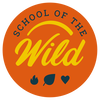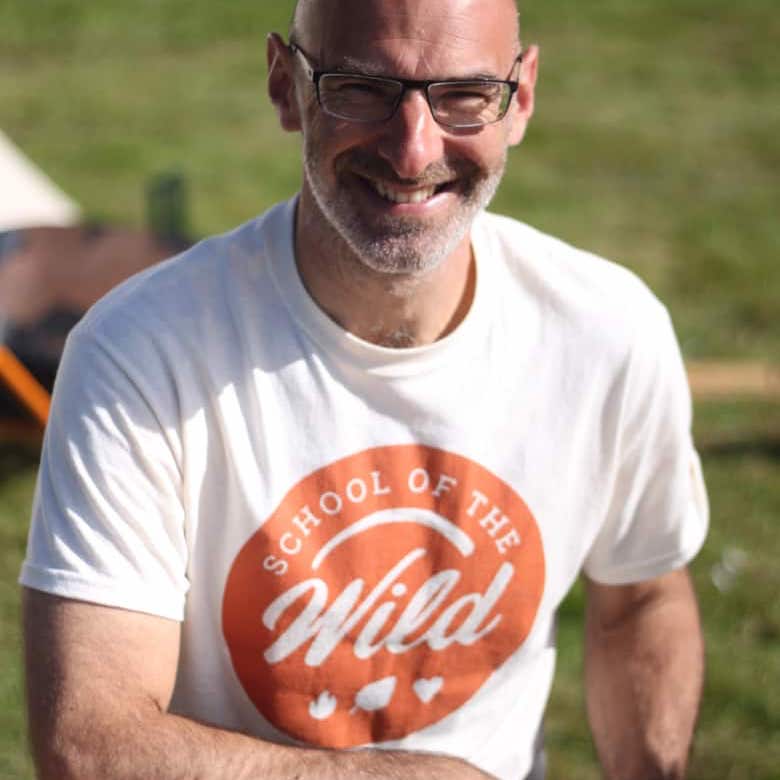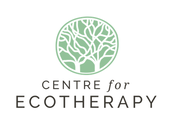|
Yesterday I went on a scouting mission to Knepp Castle Estate. It's an interesting place. Founded in the time of King John, the remains of the castle keep are still there, but the rest of the hundred hectares is now the largest rewilded estate in England. Previously as a farm based on intensive agriculture, Knepp was losing money. So they tore down the fences, got rid of the dairy herd and stopped growing wheat. Instead they introduced large herbivores - free roaming cattle, deer, ponies and pigs - to change the habitat. The Longhorn cattle create paths through scrub, spread seeds and create a browse line, while the Tamworth pigs rootle up the ground looking for food. Exmoor ponies and deer also browse the sallow and other tree species, particularly the young saplings and seedlings, and strip bark, especially when food is scarce in winter.
As a rewilding project Knepp is a bit of a success. Biodiversity is increasing, and the large animals are returning the former arable land to a state of natural productivity with benefits to wildlife, soil, local water supplies. It also is beneficial for climate change - studies have shown how rewarded land can help carbon sequestration.
And now they're making a profit, from selling free range meat, and from eco tourism. Knepp aim to restore most of their land to the state it enjoyed before intensive agriculture took its toll, and to allow the grazing animals to drive habitat changes by letting them roam as freely as possible with minimal human intervention. I had a little wander around and it feels a success: lots of crows fly overhead, rabbits run in the galleys, a large stag patrols the grassland, there are sloes, rosehips and haws everywhere. Just as it should be. I'm hoping we might use it for events in future. Watch this space, and the video. Comments are closed.
|
Author & CuratorNigel Berman is the founder of School of the Wild. Archives
March 2024
|
Leaders |
About Us
Support |
|


 RSS Feed
RSS Feed



